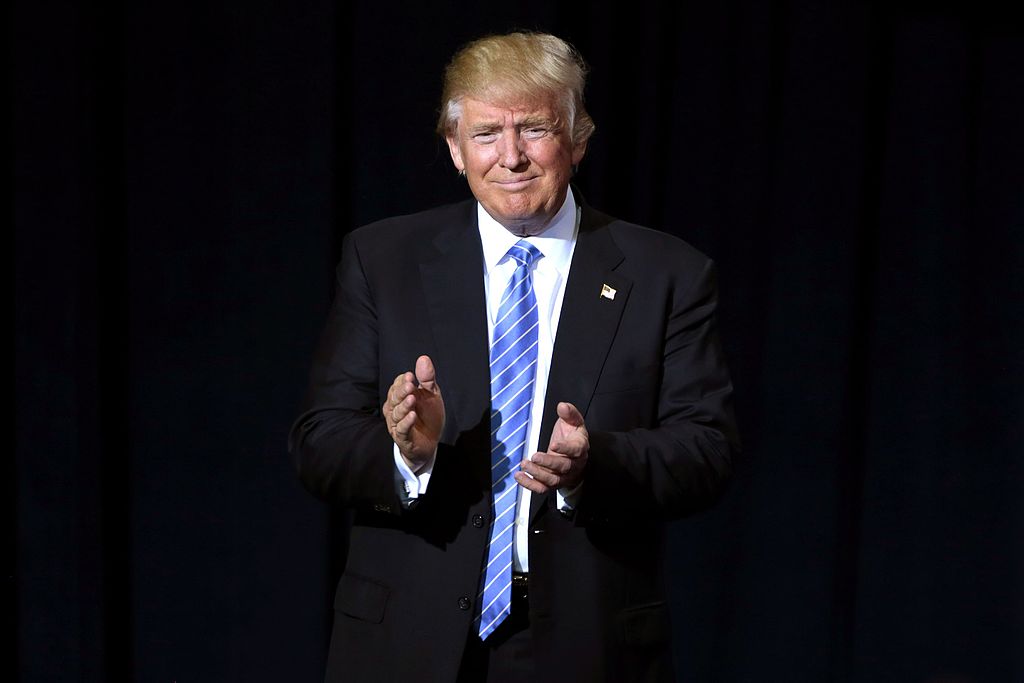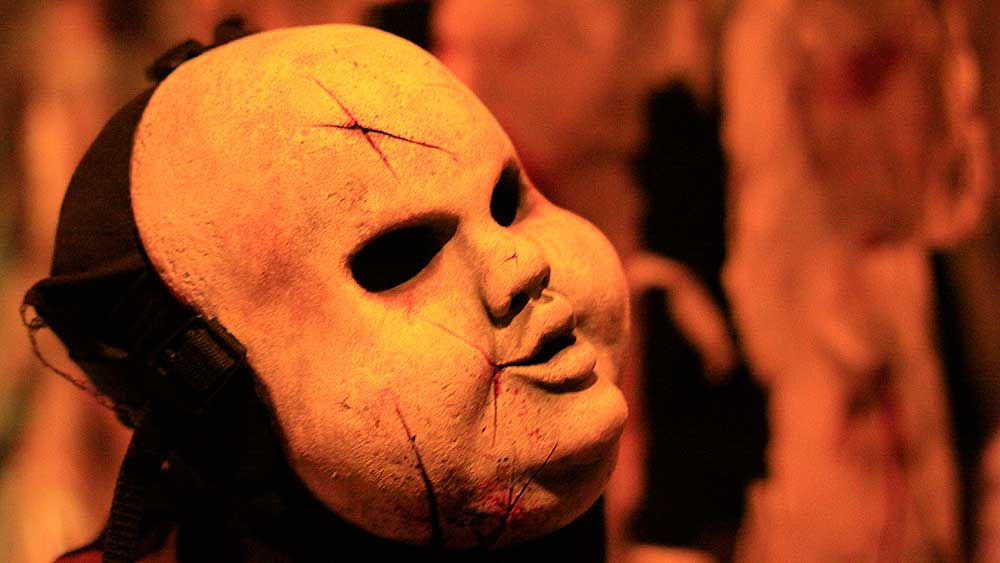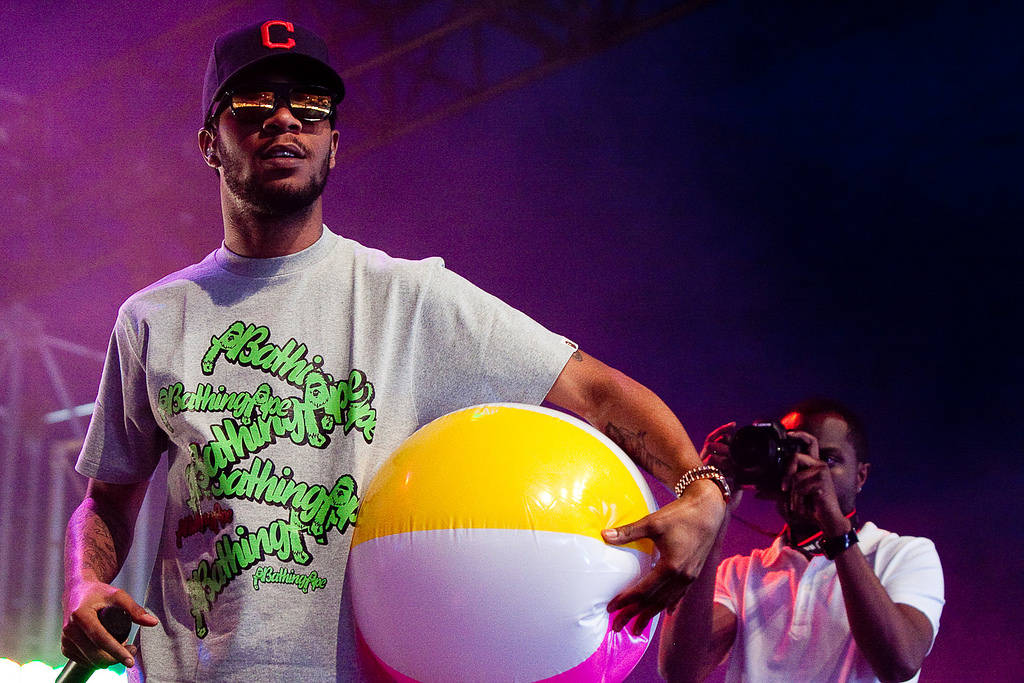On October 25, former Oklahoma Senator Tom Coburn (a Republican) said that President Trump has “a personality disorder.” He was not the first to posit that President Trump has some form of mental illness. The press has been engaging with such speculation since the start of his campaign, though there has been a decided increase of late. On October 26, New York Times columnist David Brooks reported that some Republican senators thought Trump is “suffering from early Alzheimer’s.” In an article titled “Some Republicans are starting to more openly question Trump’s Mental health,” Business Insider reports that “One psychiatric professor at Yale said about half a dozen lawmakers had contacted her over the past several months.”
Continue reading “Is it Fair to Blame President Trump’s Behavior on Mental Illness?”



